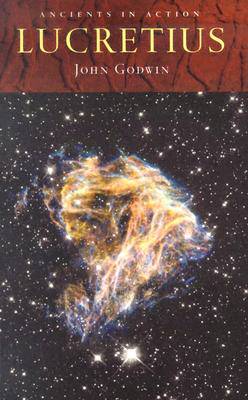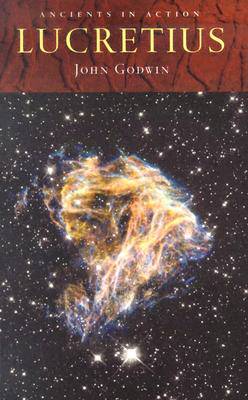
Bedankt voor het vertrouwen het afgelopen jaar! Om jou te bedanken bieden we GRATIS verzending (in België) aan op alles gedurende de hele maand januari.
- Afhalen na 1 uur in een winkel met voorraad
- In januari gratis thuislevering in België
- Ruim aanbod met 7 miljoen producten
Bedankt voor het vertrouwen het afgelopen jaar! Om jou te bedanken bieden we GRATIS verzending (in België) aan op alles gedurende de hele maand januari.
- Afhalen na 1 uur in een winkel met voorraad
- In januari gratis thuislevering in België
- Ruim aanbod met 7 miljoen producten
Zoeken
Omschrijving
The Roman poet Lucretius, who lived in the first century BC, composed an epic poem, De Rerum Natura (On the Nature of the Universe), whose avowed purpose was to change the way we live our lives, to abandon our fear of the gods and of death, and to see what real happiness is and how to obtain it. The poem explains the atomic nature of the world and our own place in it, examining the microscopic world of atoms and the telescopic world of the universe, as well as human life in all its facets - politics, pleasure, the nature of perception, our dreams and sexual behaviour. Here John Godwin explains Lucretius' great poem in its Roman context, assessing the literary and philosophical value of the poems and arguing the merits of the poet's claim to change our lives. Lucretius is seen as a writer for our time, offering us a text of enormous beauty and artistry which will help us find happiness and serenity in a turbulent world.
Specificaties
Betrokkenen
- Auteur(s):
- Uitgeverij:
Inhoud
- Aantal bladzijden:
- 141
- Taal:
- Engels
- Reeks:
Eigenschappen
- Productcode (EAN):
- 9781853996719
- Verschijningsdatum:
- 2/08/2004
- Uitvoering:
- Paperback
- Formaat:
- Trade paperback (VS)
- Afmetingen:
- 147 mm x 204 mm
- Gewicht:
- 185 g

Alleen bij Standaard Boekhandel
+ 121 punten op je klantenkaart van Standaard Boekhandel
Beoordelingen
We publiceren alleen reviews die voldoen aan de voorwaarden voor reviews. Bekijk onze voorwaarden voor reviews.









